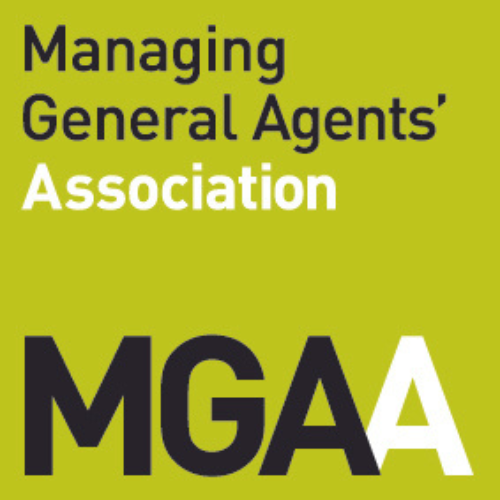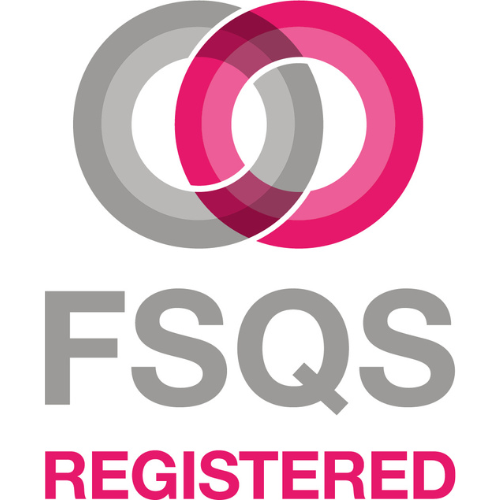With less than one month to go for the Consumer Duty Implementation, the financial service industry has been working hard to progress and implement frameworks to demonstrate compliance with the new requirements. Many firms have been well engaged and are either managing this with internal resources or have external support. And, whilst progress is positive, the FCA Consumer Duty firm survey results published recently do show that a small population of the industry will find themselves falling short in demonstrating compliance on time. Our experience is that in the insurance sector this is mainly being driven by two factors: an early lack of understanding of the work required and a lack of resources to deal with what is required.
Essentially, the Consumer Duty will apply to those Firms who perform regulated activities and the FCA’s proposals relate to products and services sold to ‘retail clients’, which includes all clients other than professional clients (such as large corporate entities and government bodies) and eligible counterparties.
Survey Results
As expected, the FCA have been tracking readiness ahead of the deadline with fieldwork based on three surveys, the first was launched on 16 March 2023. In reviewing the results which targeted SMEs, it is clear that the insurance sector demonstrates the most positive progress versus the wider financial services industry.
The first quantitative survey results saw 152 Personal and Commercial Lines Insurance Intermediaries providing responses against four categories which demonstrated overall good understanding though actual activity slightly less confident.
The results of the review were split into the following 4 categories.
Understanding of the Consumer Duty
The FCA will expect Firms to evidence their understanding of consumer’s characteristics through the product or service lifecycle, there is no exception to this. The survey suggests that a fair sample of Firms confirmed their awareness of the Duty and its requirements and relevance, appearing to understand the consequences of non-compliance with the Duty. However, in some cases, the underlying activities were less positive.
The Consumer Duty Journey
The Duty will require greater emphasis on better safeguarding for customers, with the need to ensure rigorous processes in order to evidence how Firms regularly keep on top of any changes to a customer’s situation, and how they adapt to this are crucial. The results of the survey suggest that this is an area which continues to require greater attention with a suitable understanding of the distribution chain and the safeguarding aspects requiring further work.
Impact of the Consumer Duty
Impact due to the requirements appeared to be slightly less understood, whilst some Firm’s suggested they understood and were confident in their resources, this was not necessarily evident through demonstration of planning and, also, importantly communicating with the extended distribution channels.
Communications and Support
Mindful that in some instances full appreciation for the entire distribution chain is a complex task, greater focus will be required. There will be continued emphasis from the regulator on this with Firms being required to consider consumer journeys given the cost-of-living circumstances.
In June, Sheldon Mills Executive Director of Consumers and Competition at the FCA said
“Early action is important for those struggling with debt. We need all firms to get the basics right and provide good quality support. Where we see more serious wrongdoing, we are already acting to ensure these firms improve.”
Conclusion
The Consumer Duty is an excellent opportunity to take advantage of guidance and support on offer from the FCA who have made clear it is available and willing to offer help and guidance to those Firms who request it.
This survey is the first of a number of steps that the FCA will take over the next few months to determine whether firms are meeting the new requirements or will be on time to do so. It is a part of their new proactive approach and the use of some simple data collections tactics to have an understanding of the market’s approach. What it will do is provide them with a clear direction of where they may need to address the issue within a market or sector. It is likely to lead to a deeper level of assessment where they have identified issues and ultimately to action being taken where they are not satisfied that a market, sector or specific firms have done what is required or expected.
ICSR has assisted Firms (both those who are regulated and also those currently seeking approval) to build and implement Consumer Duty Frameworks.
In addition to this, ICSR is working in collaboration with VisRisk, a firm which has designed technology to assist Firms with undertaking fair value assessments utilising a web-based a toolkit to gather, assess and report on the information required to fulfil Fair Value Assessments, the same tool is currently developing a Consumer Duty module which it is hoped will be released soon to support the market.
You can learn more about the ICSR and VisRisk collaboration here, or speak with your usual ICSR contact.









